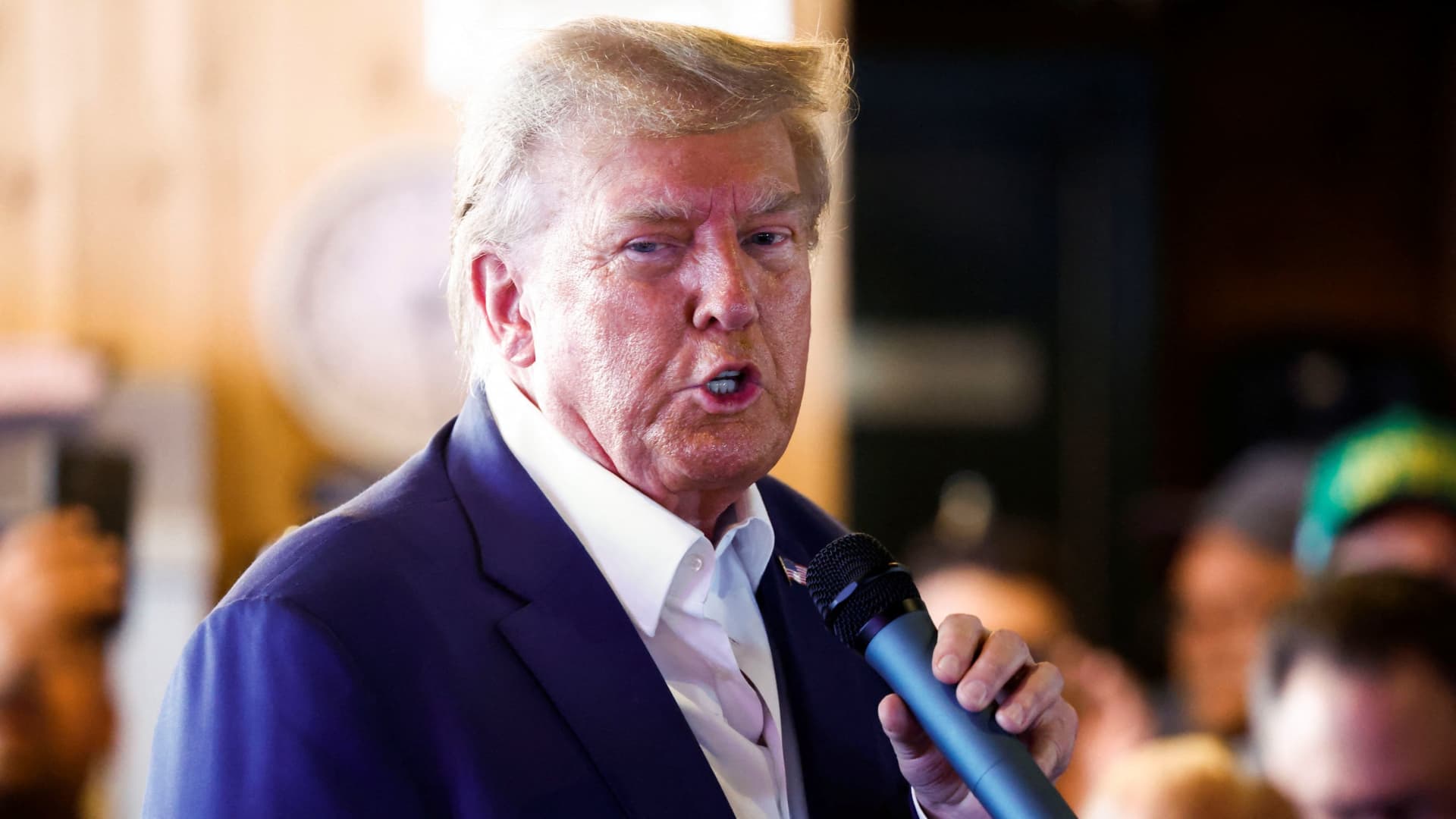Former President Donald Trump’s impending surrender is causing concern among his co-defendants in Georgia, as they face skyrocketing legal bills without any financial support from Trump himself. Jenna Ellis, an attorney and co-defendant, revealed that they have been informed that Trump will not be funding their defense. This comes after 19 individuals were charged in an indictment for their alleged involvement in attempting to interfere in the state’s 2020 presidential election results on behalf of Trump. Trump has previously paid for legal counsel for his allies, with reports suggesting that his political network spent over $70 million on legal fees between 2020 and 2022. However, sources familiar with the case in Georgia suggest that those involved are not expecting any assistance from Trump or his political network. This has led to co-defendants setting up their own online legal defense funds to cover the expensive fees they will now face. Legal experts reveal that fees in Trump court cases tend to be higher due to the complexities and risks involved in representing Trump-aligned clients. Attorneys representing these clients often have to align themselves with Trump’s statements and actions, which can be challenging. Nevertheless, there are two ways in which a client may pay less than the standard rate: if an attorney agrees to take publicity as payment, or if the client chooses to cooperate with prosecutors by providing information or testimony against other co-defendants. The decision by co-defendants in the Georgia case to hire their own lawyers and pay for them separately from Trump could create additional legal risks for the former president. Trump has previously relied on joint defense agreements (JDAs) with his co-defendants, where he pays for their legal representation and helps choose their lawyers. However, in cases where co-defendants pay for their own attorneys, they may be more inclined to cooperate with authorities, potentially creating a dilemma for Trump. Several well-known defendants in the case have launched their own legal defense funds, as they are not receiving financial support from Trump. One example is Jenna Ellis, who has also distanced herself from Trump and now supports Florida Governor Ron DeSantis in the GOP primary. Ellis expressed frustration over Trump’s lack of support for his co-defendants and questioned why his political organization, MAGA, Inc., is not funding their defense. The defendants in the Georgia case, including Ellis, pro-Trump lawyer John Eastman, former DOJ official Jeffrey Clark, and Cathy Latham, a former Republican Party chair, have not received payments from entities in Trump’s political network since the House select committee’s investigation into the Capitol attack on January 6, 2021. Robert Sinners, who headed Trump’s 2020 Election Day political operation in Georgia, is referred to as “Individual 4” in the Georgia indictment but has not been charged with any crimes. Sinners represents a category of former allies who want no further involvement with Trump and his political operation, preferring to fund their legal bills independently.
Denial of responsibility! VigourTimes is an automatic aggregator of Global media. In each content, the hyperlink to the primary source is specified. All trademarks belong to their rightful owners, and all materials to their authors. For any complaint, please reach us at – [email protected]. We will take necessary action within 24 hours.


